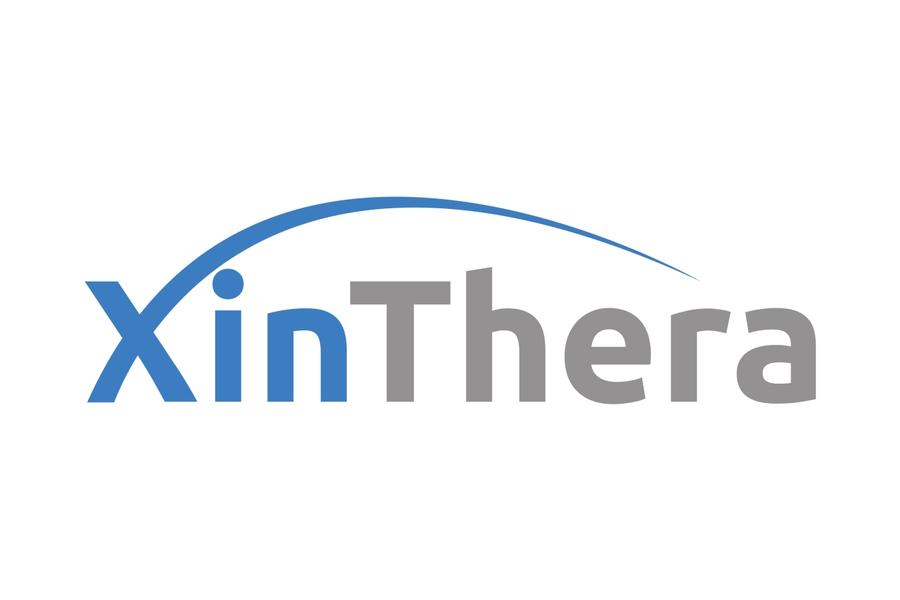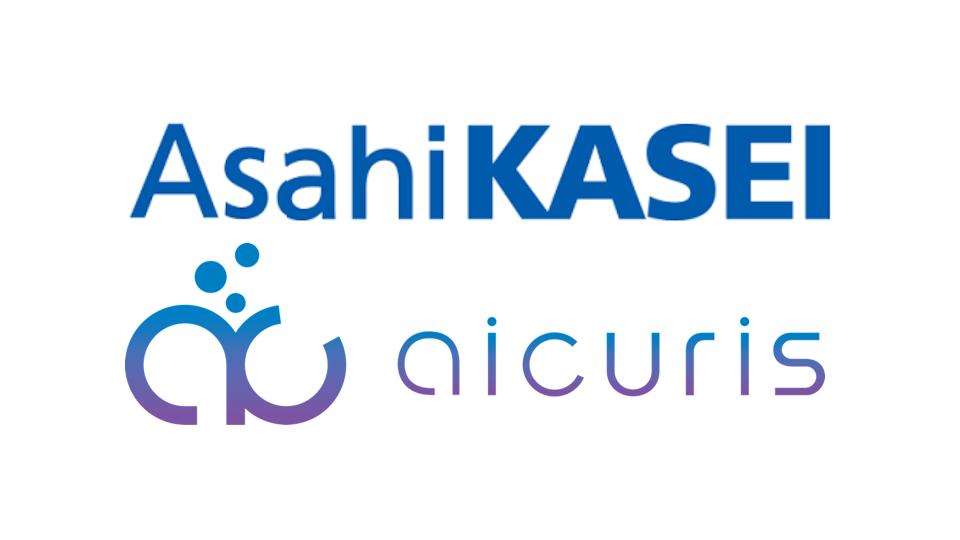XinThera buy builds Gilead’s cancer, inflammation pipeline

Gilead Sciences has bulked up its early-stage R&D portfolio with an agreement to buy XinThera, adding drugs targeting PARP for oncology and MK2 for inflammatory diseases.
While the drug candidates are currently all in preclinical development, some could be ready to start clinical testing later this year, said Gilead, which has not disclosed how much it is paying for privately-held XinThera.
The San Diego start-up has three candidates targeting PARP1, one of a family of enzymes that is already a validated target in ovarian, breast, prostate and pancreatic cancers with approved therapies, including AstraZeneca and Merck & Co’s category-leading Lynparza (olaparib).
Gilead says selecting the PARP1 form of the enzyme could avoid some of the side effects associated with first-generation PARP drugs, including haematological toxicities like anaemia and thrombocytopenia.
The drugs could also be easily combined with its current cancer drugs, notably triple-negative breast and bladder cancer therapy Trodelvy (sacituzumab govitecan), which Gilead acquired as part of its $21 billion takeover of Immunomedics in 2020.
Two of the three candidates (XIN5104 and XIN5789) are in preparation for clinical trials in solid tumours with homologous recombination deficiency (HRD) mutations, with a third (XIN6301) a little further back in development. The latter has the potential to cross the blood-brain barrier, which could make it an option for primary or secondary tumours in the central nervous system.
XinThera has a pair of MK2 drugs meanwhile that are being investigated as potential treatments for conditions including rheumatoid arthritis, ankylosing spondylitis, psoriatic arthritis, and inflammatory bowel diseases.
They affect cytokines that are indirectly targeted by JAK inhibitors, such as Pfizer’s Xeljanz (tofacitinib), which are approved for multiple indications including RA but have also been linked to safety issues, such as blood clots.
“The team at XinThera has developed research assets with the potential to target the DNA damage repair pathway in treating cancer and direct the body’s immune response in inflammatory diseases, both of which may improve outcomes for people living with these diseases,” commented Flavius Martin, Gilead’s head of research.
Gilead has steadily expanded its pipeline in the last few years after a strategic-level alliance with Galapagos disappointed, with the Immunomedics deal and 2020’s near-$5 billion acquisition of Forty Seven surrounded by a string of smaller bolt-on deals.
There is a particular focus on oncology, where Gilead has the aim of making a third of its revenues by 2030.













